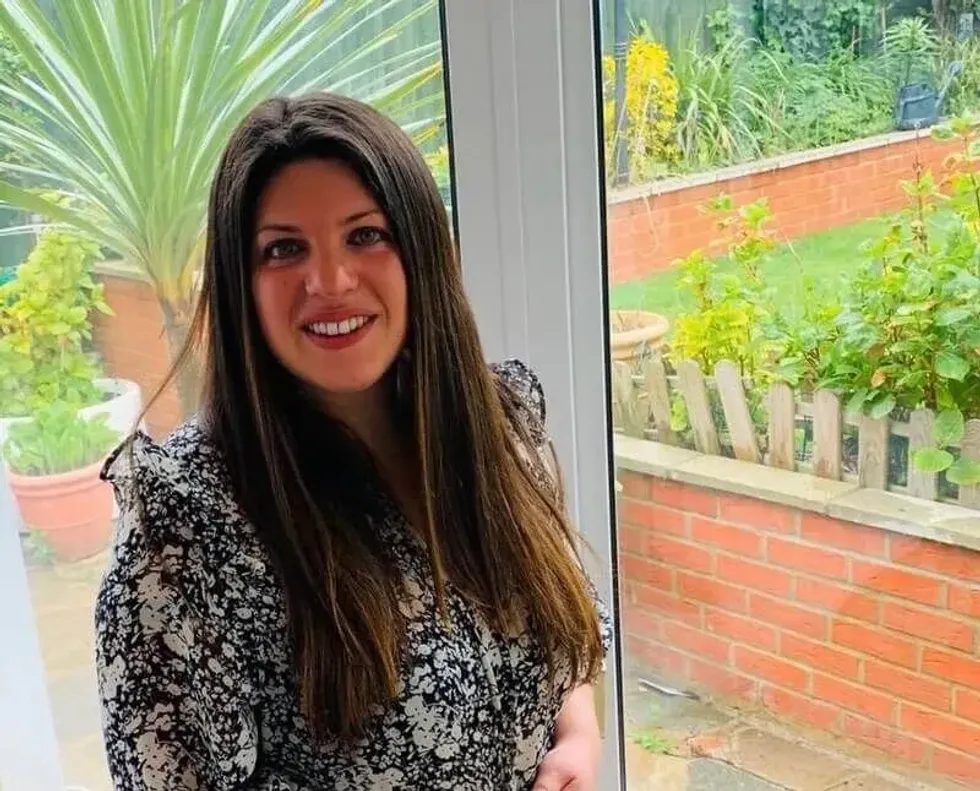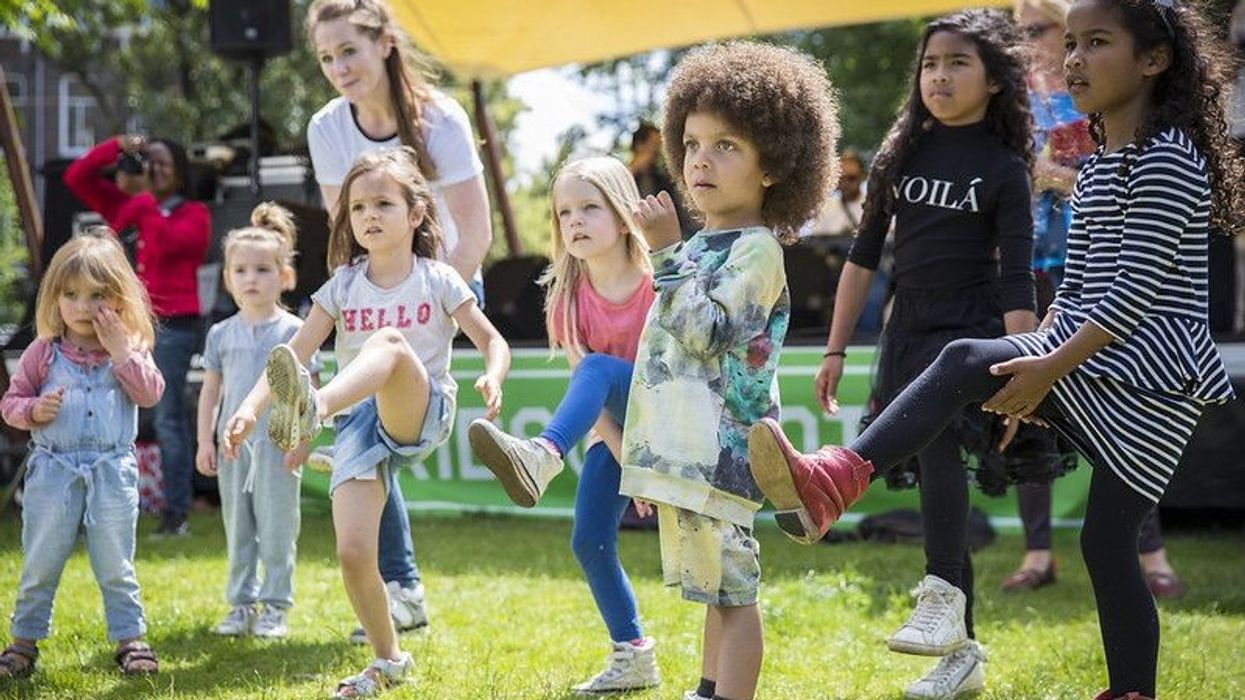Educational and Child Psychologist Dr Amy Stanton joined us for a wonderfully insightful chat about managing your child’s wellbeing during lockdown.
Quarantining with her working-from-home husband, seven-year-old child plus her little one-year-old, Amy offers some great advice on maintaining a healthy and happy family balance, prioritising our own self care as parents and practical tips for supporting your child’s mental health at every age during this tricky time of global uncertainty.
You can watch her full interview on kidadl.com, but here are just some of the amazing things we learnt.
No One Is An Expert, Even The Experts...
“The first thing to say is that every family is different and you need to find what works for you. Try not to compare yourself to your friends and family, because our kids are all so different.
Even if you have all the tools, you can still have really hard days. But some really happy times as well.
A routine and structure is really good if you can manage it. For example, in our house we try to start every day with a family breakfast. It just sets off the day to a good start and gives the kids a sense of emotional security and containment.
We’re slowly starting to adjust to this new way of life. It doesn’t work every day, but when it works, it works well.”

Bedtimes Are Trickier Than Ever, But There Are Small Things You Can Do
“If you’re a parent struggling with this, you’re truly not alone. And it’s not to do with your parenting, it’s to do with the fact that we are living through a global crisis and that’s got to have a roll out.
So try to remind yourself that you’re doing your best and that's more than good enough. Physical output is really important as we need to get that energy out of them during such a sedentary time. Be aware of mealtimes and what your children are eating.
Try not to have any screen time in the hour before they go to bed. All these things really impact on a good night's sleep for kids.”
All Feelings Are Valid (That Includes Yours)
“We’re multitasking so much at the moment, but our first priority has to be self care as parents. And reminding ourselves that we’re not trained in this.
If we can help ourselves feel calm then that is what our kids will witness and role model from us. It’s OK to show our feelings, and it’s really important that we’re modelling to our kids that sometimes parents feel anxious, or sad, or find things hard.
We want our children to learn that all emotions are valid, acceptable and important. We want our kids to be able to show their big emotions too.”

Laura Jones @laurajaneillustrations
Anxiety Is Normal, And It Will Pass
“Normalise, reassure. Make sure your children know it is normal to feel worried right now, and it is OK.
But that feeling of worry will pass and this time will pass. In the meantime you can teach them practical tips to help our nervous systems feel more peaceful - drink a glass of water, splash their face with water.
Encourage them to write down how they feel and put it into a jar, or rip up the piece of paper and throw it away.”
Communicate Compassionately With Your Teens
“Try and get a good dialogue going, which can be really hard in adolescence. As parents, if you can empathise with your child first that’s really important.
Have a conversation in a quieter moment when you are first and foremost just listening to them, and trying to really take on board how this is feeling for them. Really giving them the sense that you’re a team, and together you need to problem-solve this.
Talk to your teen about what might work for them and let them develop this idea rather than trying to enforce your own.
Pick your battles, because temperaments are flying high and it’s easy to get into a negative cycle of conversation. Rather than threats and punishments, try and communicate what actions are important to you as a parent, for example washing their hands after going out.
Going for a walk is also a great time for a chat. Somehow that change of context and walking side by side, rather than sitting indoors face-to-face, really makes a difference.”

Make Space For Screen Time
“Social identity is really important in the teenage years and we want to protect this. There are definitely benefits for social media and time online with friends, but we don’t want to be following things on social media if they don’t make us feel good.
What parents can do is show an interest in your child’s online social world and implement that time into your structure for the week.”
Keep Learning Week-To-Week
“It’s really important to trial and error week-to-week. It would be impossible to get this right the first time, and every family is different.
Speak to your friends who have teenage children and make this an active dialogue about what works. Everyone is doing their best right now and that is more than good enough. Take care of yourself as parents, because we can just do our best.”
Have a read of more top tips from Dr Amy here.











